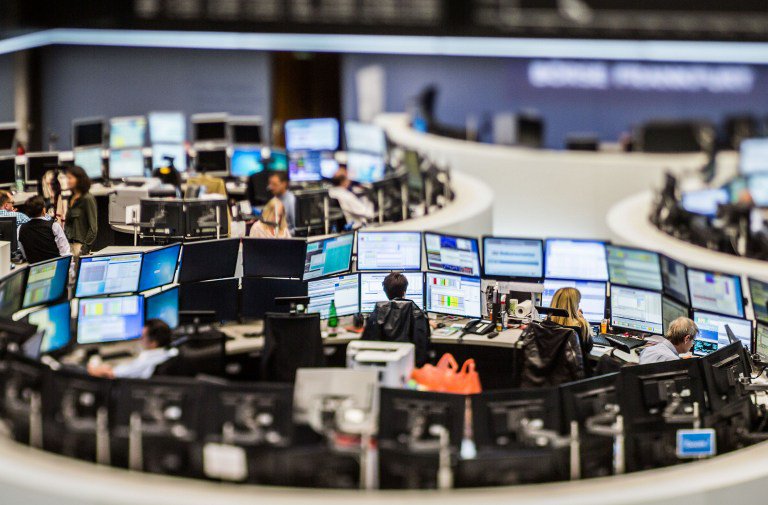European stocks traded lower on Monday as investors reacted to the latest escalation in the U.S.-China trade war.
The pan-European Stoxx 600 index fell around 0.3% during morning deals, with sectors and major bourses broadly in the red. European technology stocks were the worst performers, falling 0.4%. U.K. markets are closed due to a bank holiday.
Sentiment was shaken in the previous session as China announced plans to impose additional tariffs on $75 billion in U.S. goods, which was followed by President Donald Trump ordering American firms to find an “alternative” to operating in China.
Trump said his administration would raise existing duties on $250 billion worth of Chinese products to 30% from 25% on October 1, while levies on another $300 billion in Chinese goods, which will start to take effect on September 1, will now be 15% instead of 10%.
Fresh comments from the U.S. leader on Monday that China had held a phone call with top U.S. trade officials failed to lift the mood among European markets, although U.S. stocks got a slight boost in premarket trading with Dow futures up over 100 points. Trump said that Beijing expressed it was ready to return to the negotiating table.
“China called last night our top trade people and said ‘let’s get back to the table’ so we will be getting back to the table and I think they want to do something,” Trump said. “They have been hurt very badly but they understand this is the right thing to do and I have great respect for it. This is a very positive development for the world.”
Trump made those remarks at the Group of Seven (G-7) summit in the Biarritz, France. The trade rift between the world’s two largest economies has clouded the meeting of world leaders, with Trump claiming he “could declare a national emergency” over the issue.
Another big talking point at the G-7 was France’s plans to hit tech giants — including Facebook, Amazon and Google — with a 3% so-called “digital tax,” which has drawn the ire of Trump. The U.S. leader has threatened to tax French wine in response; European Council President Donald Tusk said over the weekend that Brussels would “respond in kind” if Washington imposes tariffs on France over the levy.
In terms of data, Munich’s Ifo Institute said that German business morale fell in August, with its business climate index coming in at 94.3, versus an expected 95.1. There are fears Germany could be headed for a recession after gross domestic product (GDP) shrank by 0.1% in the second quarter. A recession is typically marked two consecutive quarters of contraction, as well as general decline in economic activity.
Looking at individual stocks, Germany’s Deutsche Wohnen slumped nearly 4% following reports on details of a planned rent cap in Berlin.
